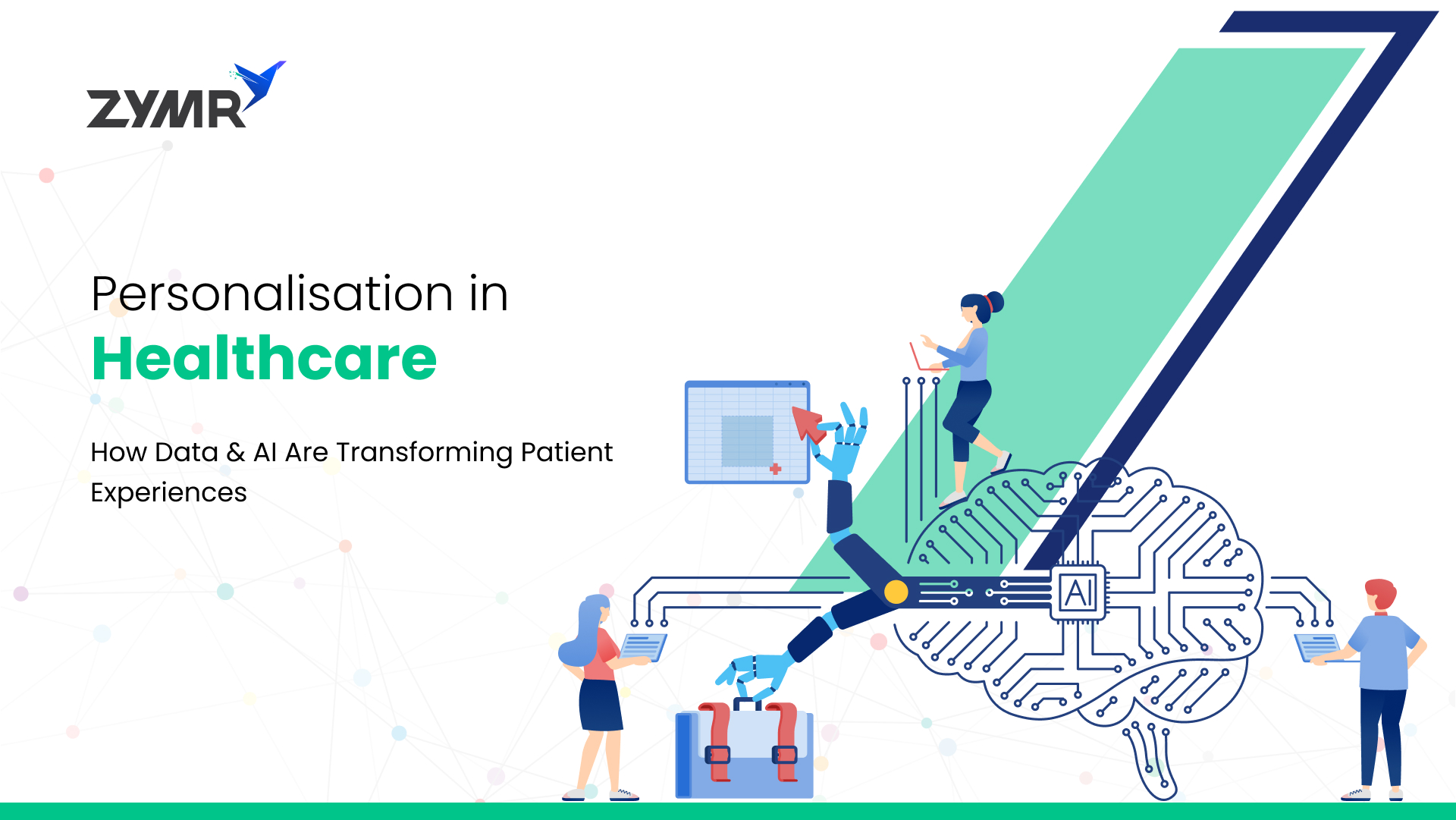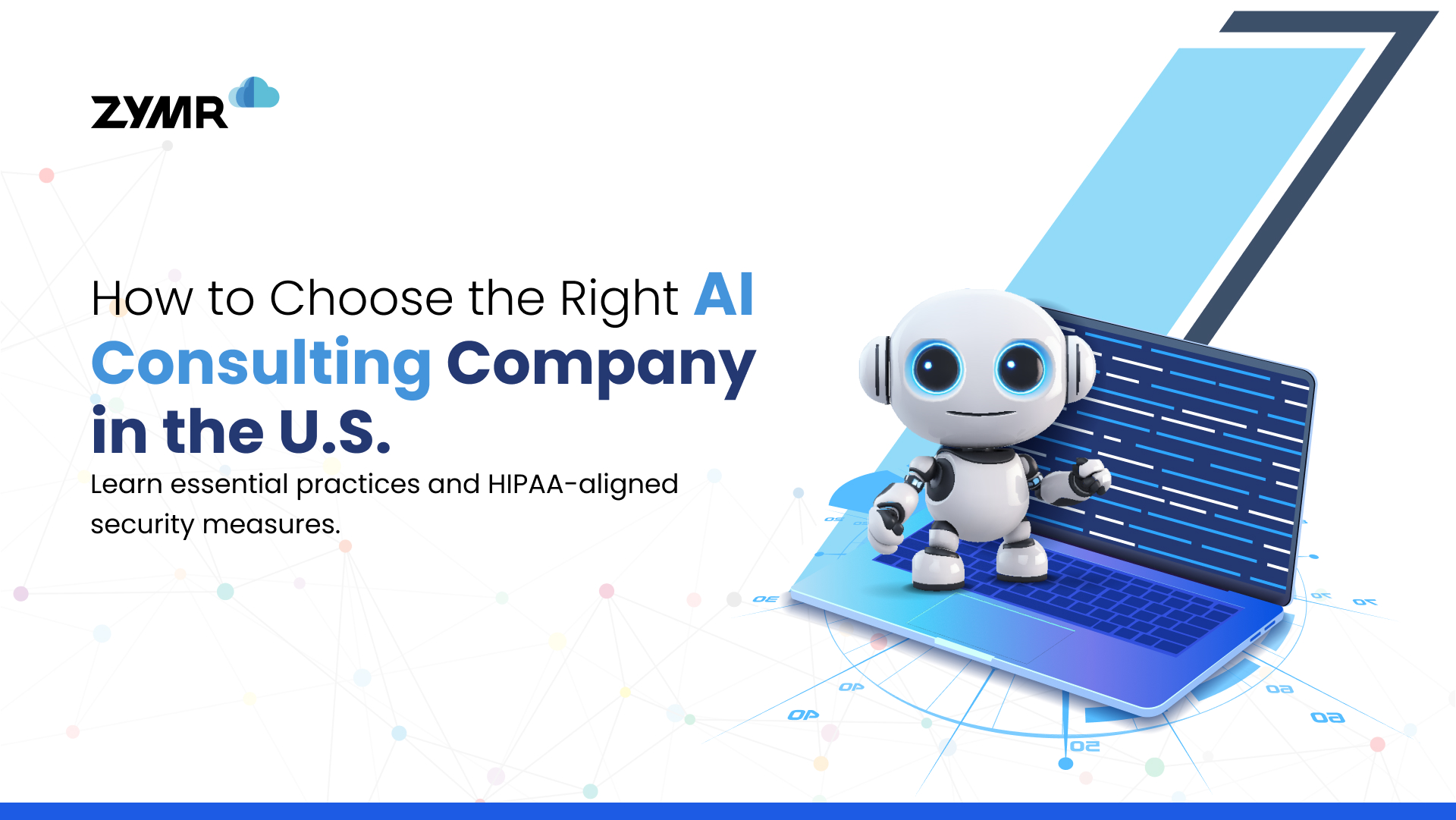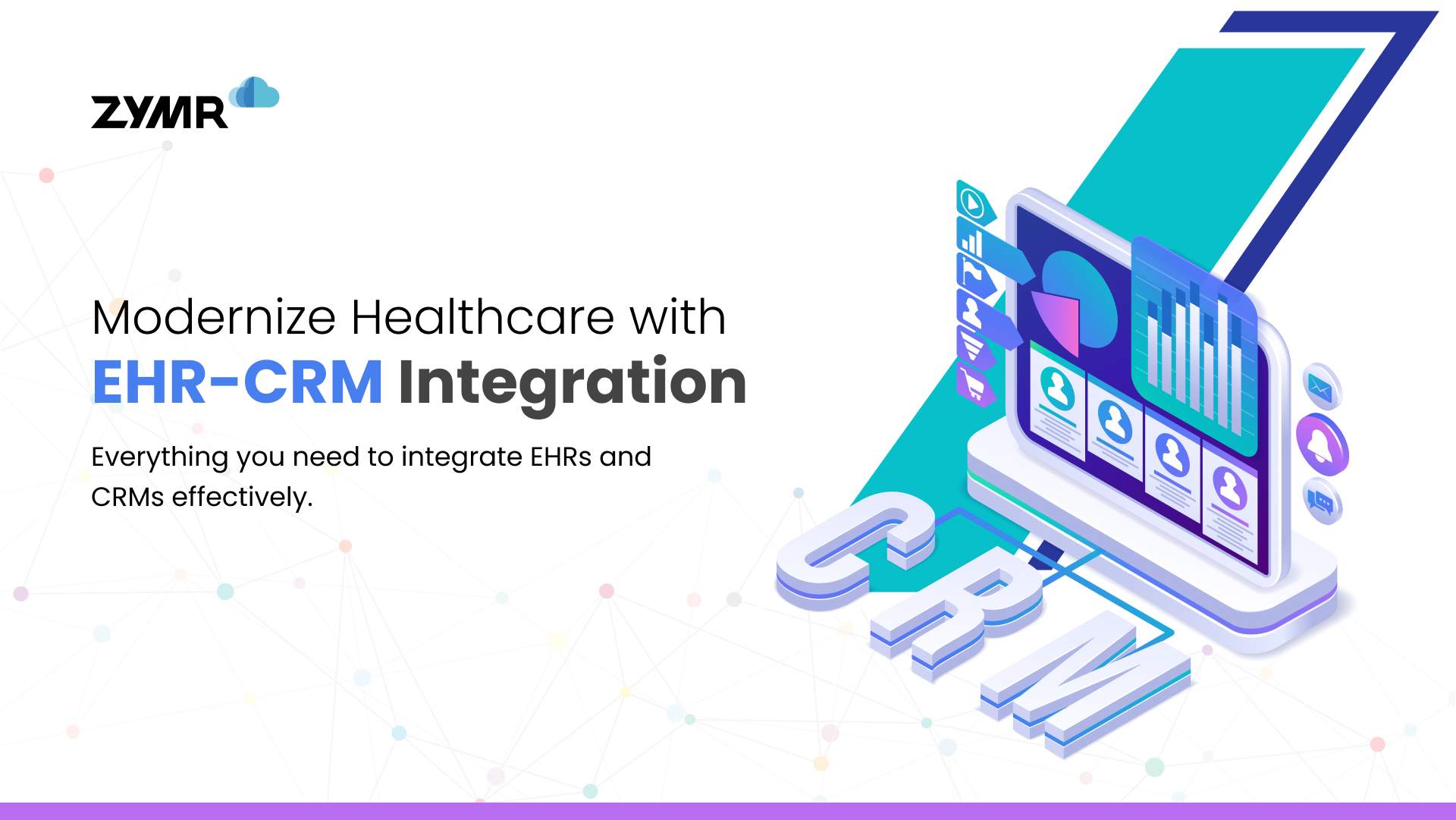Why RPA-based Client Onboarding Is Mandatory In Fintech Digital Transformation Plans?

July 3, 2024
Fintech
A recent report shared in collaboration with Gartner peer insights suggests that 2022 has seen the regulatory challenges almost double as compared to 2021 for fintech application development. Such reports are overtly highlighting a crucial issue in the fintech digital transformation journey - the need for a more efficient customer onboarding process. Be it digital payments, core banking, e-commerce, or any other domain, employing technologies like AI/ML, Design Thinking would be futile if we are tripping at the very first hurdle of customer onboarding. For industries like fintech the onboarding process is rather complex and time taking, allowing multiple vulnerabilities to pop-up like - country to country compliance, omnichannel engagements, and overlooked security loopholes. Therefore, it would only make sense for experts in fintech software development to strategize an upliftment in the customer onboarding experience for the different fintech domains.
Through the course of this article, we will focus on carrying out this upliftment by means of automation. Moreover, leveraging Zymr’s experience with fintech application development and automation, we would explore the option of Robotic process automation (RPA) to automate the client onboarding process. To begin with, let us build the case for the need for automation when it comes to fintech client onboarding.
The need for automation in the client onboarding process for companies dealing with fintech software development is projected by the challenges that this process often goes through. The multi-step process that includes complex data gathering, multiple verifications, and compliance management, among other things, is far from smooth if done without any automation means. Some of the important challenges that customers face during onboarding include the following:
- Regulatory Compliance: When it comes to financial software development, regulatory compliance can raise major legal concerns like data privacy risks, money laundering, and unauthorized banking access. This means that a lot of regulatory norms are to be thoroughly checked during the onboarding process. Done manually, this can include a lot of to-and-fro with a possibility of an error on either side of the business.
- Longer turnaround time: Even with a smooth, error-free process, the turnaround time for customer onboarding can go on for days. Steps like KYC, data integrity checks, and liability checks, among other things, vary from one software development for fintech to another and usually take days to complete when carried out manually.
- Lack of data reusability: A central repository that can gather data during client onboarding and use it for different services offered by the financial institution makes it easier not only to make the onboarding process faster but also helps profile the client for other services. However, even with digital means available, manually keeping track of all the necessary data is a challenging task, especially in the case of software development for fintech, where a large number of customers are onboarded on a regular basis.
Automation would not only make the client onboarding process easier but also more in line with the capabilities of a digital ecosystem. Additionally, with a huge number of clients connecting for one or more fintech services, automation would make the process more scalable and offer sufficient monitoring means. With this in mind, we can now proceed and explore a possible option for implementing automated client onboarding in fintech application development.
Robotic Process Acceleration
While dealing with financial services, security concerns are too high for the entire process to be free from manual administration. However, automation can be introduced to carry out some redundant tasks that can take up unnecessary manual bandwidth. RPA tools can enable process automation by mimicking repetitive executive activities. Activities related to compliance management, document capture, identity verification, and first-line customer service, among others, are more generalized and easily manageable with RPA software. Here are some important use cases where the benefits of robotic process automation can be leveraged:
Integration with other services and platforms: Nowadays, experts in software development for fintech can build platforms that can engage customers with more than one financial services. Customers can use a single platform for core banking, digital payments, loans, etc. Therefore, RPA can automate the integration process with these services and allow the onboarding data to be securely available for reuse as and when required. Moreover, with automated onboarding, RPA can also integrate with CRM resources for future business prospects.
Know Your Customer (KYC) process: The time-consuming process of KYC is not only tiring for the customer but also cost-heavy for the financial institution. With a lot of resources invested in data collection, alert investigation, and compliance management, fintech digital transformation strategies can really use some help from RPA. RPA-based client onboarding automation would accelerate the KYC process by speeding up repetitive tasks and eliminating manual negligence.
Analysis and monitoring: Not only would RPA-based onboarding be able to easily scale a large number of fintech client applications, but it will also be able to feed the incoming data to analytics engines. These analytics engines can further help with multiple fronts, including data visualization, customer service automation, and process monitoring.
Intelligent process automation offered by RPA can definitely do wonders for client onboarding and, therefore, fintech digital transformation. The companies dealing with fintech software development can easily incorporate robotic process automation tools into their digital ecosystem.
Prepping Up for Automated Fintech
Implementing robotic process automation in banking and other financial services for the purpose of client onboarding needs to be customized as per the business requirements of the respective organization. At Zymr, the fintech software development experts have implemented RPA with AI, cloud-native, and LCNC, among other tools and technologies, for automating various processes and services. Based on our experience and knowledge bank, here are some important points to keep in mind for RPA-based client onboarding automation:
- Solution Architecture - Experts in software development for fintech should be able to strategize platforms that can directly engage with the customer. This means that the frontend UI tier needs to be as sophisticated as the backend. The architecture should also involve mobility for omnichannel access. A huge amount of documentation in the process would entail a flexible microservices-based architecture and a scalable cloud infrastructure like AWS or Azure. Finally, the fintech application development architecture cannot do without proper means for CI/CD and Automated testing along with full-stack development resources, including Java, Python, Go, etc.
- Pipeline Automation - A robust CI/CD pipeline for developing automated client onboarding solutions would require powerful DevOps tools like Kubernetes, Docker, Terraform, SonarQube, and more. Resources for code commit, code scan, infrastructure management, and other such important processes should be in place for smartly engineered onboarding.
- RPA Tools - Finally, selecting proper RPA tools is essential as per the process requirements. For a vast and multi-step process like client onboarding, it is better to have an RPA tool that offers capabilities like AI/ML, scalability, ease of operation, and support for cloud infrastructure. Some powerful RPA tools for this purpose include - UiPath, Blue Prism, and Automation Anywhere.
Conclusion
Digital transformation in fintech won’t make sense if it stumbles upon the very first hurdle of client onboarding. With a huge number of clients availing of all kinds of financial software development services, robotics and automation are inevitable to take the mantle at some point. With RPA-based automation, fintech business leaders can incorporate a modernized client onboarding experience into their platforms. In fact, including technologies like RPA and AI/ML into their platforms is subsequently going to prepare these RPA platforms for the future days of hyper-automation. That is a customer experience no fintech software development company would like to miss out on.
FAQs
>
>
>
>
>
Have a specific concern bothering you?
Try our complimentary 2-week POV engagement
Our Latest Blogs

January 4, 2026
Personalisation in Healthcare: How Data & AI Are Transforming Patient Experiences


December 30, 2025





.svg)
.svg)
.svg)
.svg)
.svg)
.svg)
